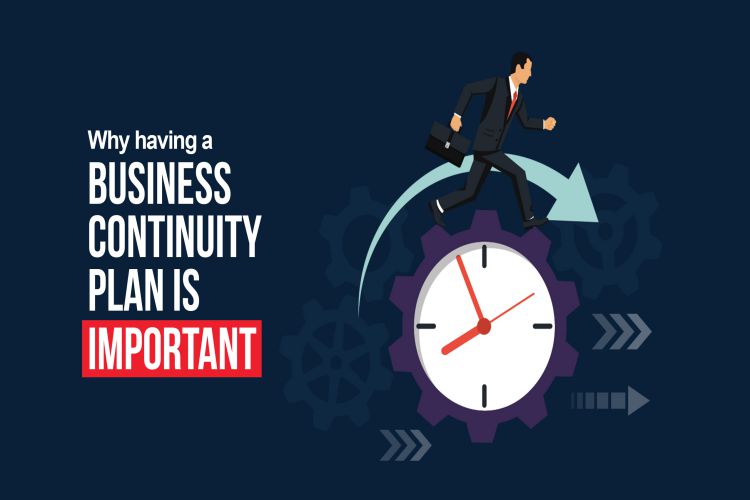 Business continuity planning (BCP) is used to prevent and recover from threats to your business. It involves creating a network of practices that keep your assets safe and enable your business to recover from damage or disaster.
Business continuity planning (BCP) is used to prevent and recover from threats to your business. It involves creating a network of practices that keep your assets safe and enable your business to recover from damage or disaster.
Your company’s ability to recover from disastrous events is important for loss prevention, reputation management, and customer satisfaction. When you own a business, you can use BCP to identify and manage risks to prevent future problems and losses.
BCP enables you to create strategies and procedures that prevent disruptions to your business operations and reestablish normal operations if you encounter a problem. The idea is to minimize downtime and any associated losses.
What Events Does BCP Cover?
Your business continuity plan will depend on your unique method of operation. However, there are some common events that every business owner needs to keep in mind when building a plan.
The most common events that business continuity planning covers are:
- Cyberattacks and cybersecurity breaches
- System corruption or outages
- Data loss
- Natural disasters
- Fires
- External threats
- Disease outbreak
Even if one of these events is very unlikely, it’s still important to create a set of procedures to tackle each one. If something happens that is out of your control, you can use your business continuity plan to minimize the potential negative impacts on your business.
Creating a Business Continuity Plan
Your BCP should include the following:
- Business Impact Analysis – This involves identifying time-sensitive resources
- Recovery – the next part of the BCP requires you to identify the steps that you will take to recover critical business operations and assets after a disaster.
- Organization – you need to devise a set of effective strategies for your team to follow if a disaster occurs.
- Training and practice – the final step is to train your employees on how to take action in the event of damage or disaster. Run through the strategies and protocols in the business continuity plan so everybody is aware of what to do.
- Emergency contact information – some business owners also choose to include a list of individuals that can be contacted if an emergency occurs to help manage and resolve the problem.
You can find more information at https://www.servicenow.com/products/risk-management/creating-business-continuity-plan.html to help you create an effective business continuity plan.
Why is Business Continuity Planning Important?
It’s impossible to avert every disaster in your business. By having a solid business continuity plan in place, you can minimize long-term damage and losses after a disastrous business event.
You’ll BCP also enables you to continue operating through a disaster by managing and mitigating the risks. This reduces potential data loss, profit losses, and workflow disruptions.
An effective business continuity plan enables you to take action immediately in the event of a crisis. It enables your business to maintain a high level of resilience by identifying potential weak areas or uncontrollable disasters.
When you can predict these types of events and figure out how to manage them before they have happened, you can keep your business afloat during difficult times.











